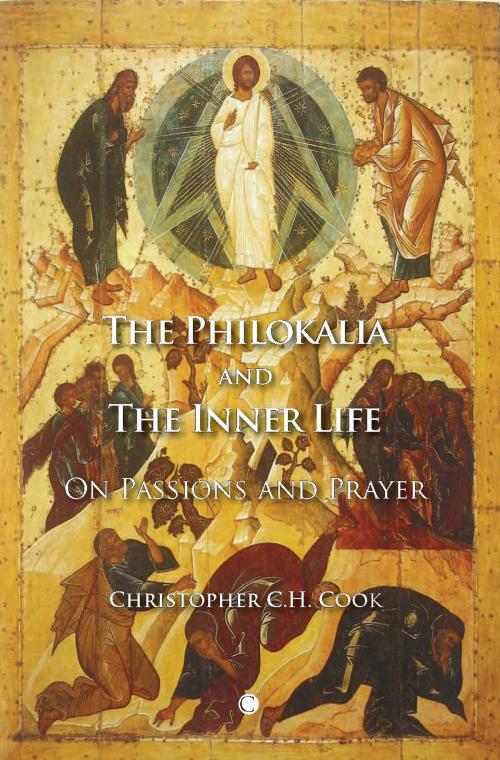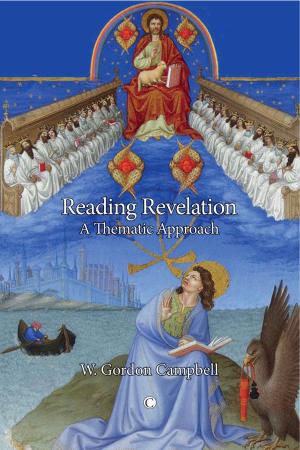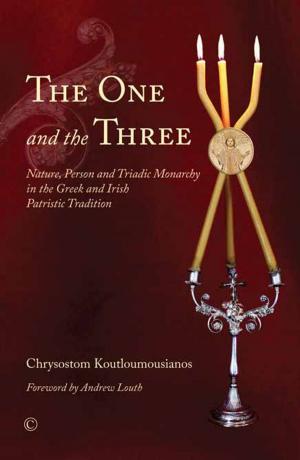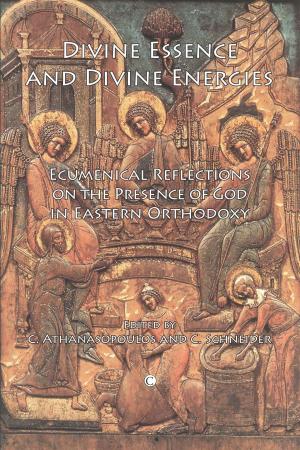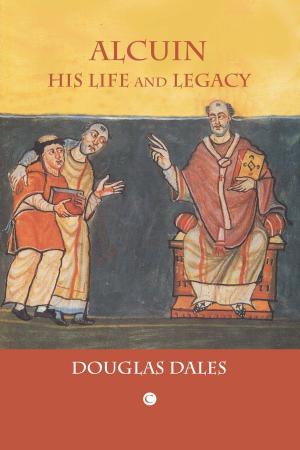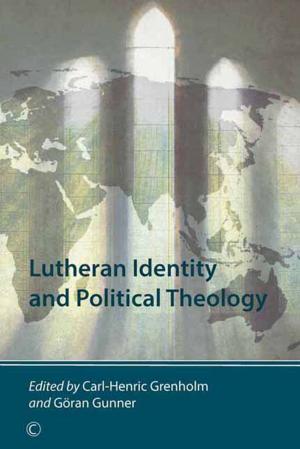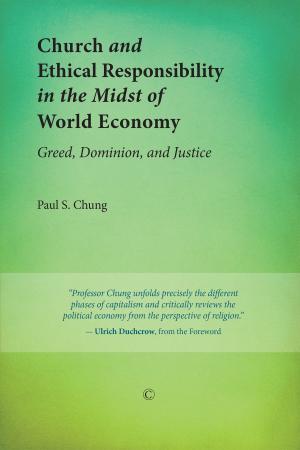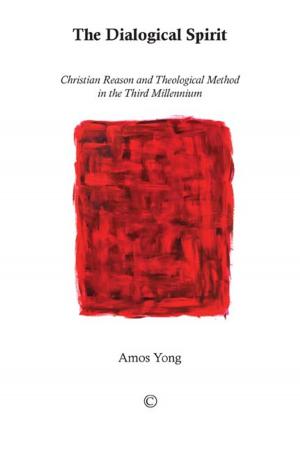The Philokalia and the Inner Life
On Passions and Prayer
Nonfiction, Religion & Spirituality, Christianity, Church, Orthodox Churches, Church History| Author: | Christopher C.H. Cook | ISBN: | 9780227900079 |
| Publisher: | James Clarke & Co | Publication: | January 28, 2011 |
| Imprint: | James Clarke & Co | Language: | English |
| Author: | Christopher C.H. Cook |
| ISBN: | 9780227900079 |
| Publisher: | James Clarke & Co |
| Publication: | January 28, 2011 |
| Imprint: | James Clarke & Co |
| Language: | English |
The Philokalia was published in Venice in 1782. It is an anthology of patristic writings from the Eastern Church, spanning the 4th to the 15th Centuries, which has been the subsequent focus of a significant revival in Orthodox spirituality. It presents an understanding of psychopathology and mental life which is significantly different to that usually encountered in western Christianity. It also presents accounts of both mental well-being and the pathologies of the mind or soul that are radically different to contemporary secular accounts and yet also find remarkable points of similarity with contemporary psychotherapeutic approaches, such as cognitive therapy. The book provides an introduction to the history of the Philokalia and the philosophical, anthropological and theological influences that contributed to its information. It presents a critical account of the pathologies of the soul, the remedies for these pathologies, and the therapeutic goals as portrayed by the authors of the Philokalia. It then offers a critical engagement of this material with a contemporary understanding of psychotherapy. Finally, it raises important questions about the relationship between thoughts and prayer.
The Philokalia was published in Venice in 1782. It is an anthology of patristic writings from the Eastern Church, spanning the 4th to the 15th Centuries, which has been the subsequent focus of a significant revival in Orthodox spirituality. It presents an understanding of psychopathology and mental life which is significantly different to that usually encountered in western Christianity. It also presents accounts of both mental well-being and the pathologies of the mind or soul that are radically different to contemporary secular accounts and yet also find remarkable points of similarity with contemporary psychotherapeutic approaches, such as cognitive therapy. The book provides an introduction to the history of the Philokalia and the philosophical, anthropological and theological influences that contributed to its information. It presents a critical account of the pathologies of the soul, the remedies for these pathologies, and the therapeutic goals as portrayed by the authors of the Philokalia. It then offers a critical engagement of this material with a contemporary understanding of psychotherapy. Finally, it raises important questions about the relationship between thoughts and prayer.
